44%
higher yield
Agriculture
Greece
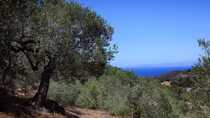%20(2).png)
Improving the sustainability of olive oil production
Farmers and consumers agree that the main purpose of farming is to provide affordable food to feed the world. At the same time, the majority says that environmental costs and associated resources have increased significantly over the past 50 years. In the Farm Network, a BASF partnership, we focus on topics relevant to farmers’ daily work, like efficient crop production, resource conservation and the enhancement of biodiversity. In Greece, we partner with olive oil producer Molon Lave and use our AgBalance® tool to assess and improve the sustainability of the practices used to cultivate their olive groves.
Why
For the cooperative Molon Lave, continuously improving the sustainability of their agricultural practices is key to keeping their production viable while safeguarding their olive groves and their land for future generations. Using AgBalance® to comparatively assess two different approaches to growing olives, Molon Lave takes its sustainability commitment one step further. Their ultimate goal is to create a standard system for sustainable olive production based on a combination of AgBalance® with a program currently under development by agronomic consultants Aeiforiki SA to certify sustainable olive groves, called the LifeMax program.
How
The initial AgBalance® study was carried out to compare the sustainability performance of two different olive grove management systems to identify their strengths, weaknesses and potentials for improvement. An agricultural management system that employs the average production situation of Molon Lave in Lakonia, Greece, set as the benchmark and compared to the “sustainable olive grove project farm” located in Lira/Monemvasia, Greece, which uses alternative olive grove management practices. In 2022, the project covered about 85 ha over 15 farms and the sustainable certification framework was further developed with the olive oil value chain, with the goal of finalizing certification for the 2022 harvest in coming months.
Result


16%
less CO2 emissions per kg of olives

35%
less potential for species loss

71%
less eutrophication from nitrate leaching
SDGs
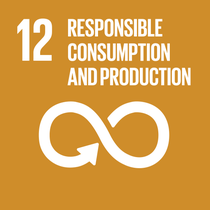
Through the AgBalance® assessment we determined the impact of resource use for olive cultivation. This ranges from the likes of irrigation to fertilization and use of crop protection products. Comparing different systems allows us to identify more balanced management strategies.
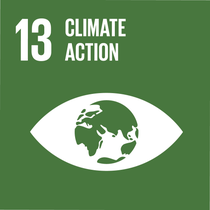
One of the outcomes of this AgBalance® study is the carbon footprint to olive cultivation. With this result farmers can optimize their agricultural inputs to mitigate the footprint of farm operations.
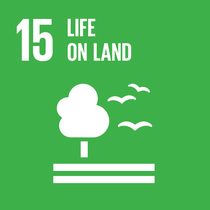
A clear focus of the sustainability farm is on biodiversity and preserving it on farm. The impact of the farming practices was assessed using the AgBalance® Biodiversity Calculator.
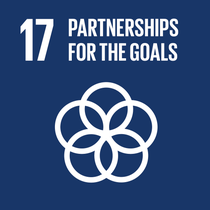
Molon Lave (olive oil producer cooperative), Hellenic Ornithological Society, Bird Life International (biodiversity assessment)
